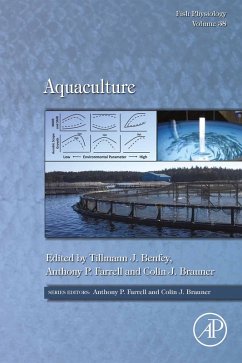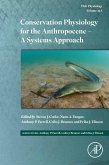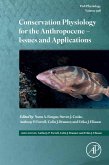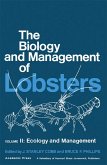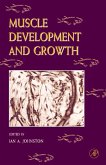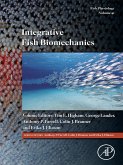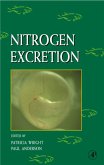Fish Physiology, Volume 38 in this ongoing series, examines how the inherent potential of fish to express traits of economic value can be realized through aquaculture. Topics covered include the regulation of the reproductive cycle of captive fish, shifting carnivorous fish towards plant-based diets, defining the challenges, opportunities and optimal conditions for growth under intensive culture (including in Recirculating Aquaculture Systems), enhancing immune function and fish health during culture, identifying and managing maladaptive physiological responses to aquaculture stressors, establishing welfare guidelines for farmed fish, phenotypic and physiological responses to genetic modification, Zebrafish as a research tool, and the aquaculture of air-breathing fish. - Contains contributions from an international board of authors, each with decades of aquaculture expertise - Provides the most up-to-date information on the fundamental role that physiology plays in optimizing fish performance in aquaculture - Provides the latest release in the Fish Physiology series that tackles how the manipulation of biological processes can be used to maximize the expression of beneficial production traits in fish aquaculture
Dieser Download kann aus rechtlichen Gründen nur mit Rechnungsadresse in A, B, BG, CY, CZ, D, DK, EW, E, FIN, F, GR, HR, H, IRL, I, LT, L, LR, M, NL, PL, P, R, S, SLO, SK ausgeliefert werden.

